
March 31, 2025
In the current global trade environment, protecting the EU biofuels industry from external threats is just as important as promoting more rational internal EU…

March 31, 2025
The Trump administration has urged oil and biofuel producers to reach a compromise on the future of U.S. biofuel policy in an effort to…
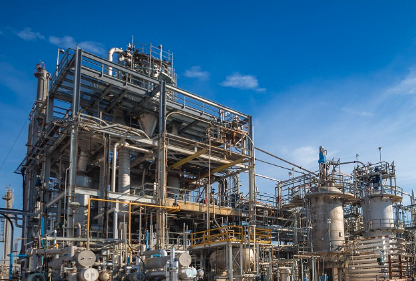
March 30, 2025
The International Sustainability and Carbon Certification (ISCC) has recently expressed strong opposition to the European Commission’s discussion of a possible moratorium on the accreditation…
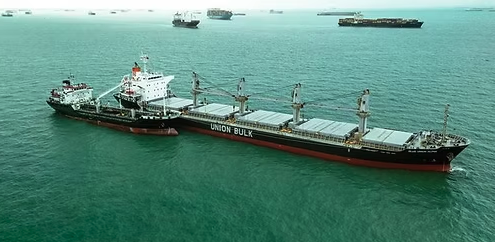
March 29, 2025
A white paper published by DNV (Det Norske Veritas) states that despite rapidly growing sales of bio-blended marine fuels in ports such as Singapore…
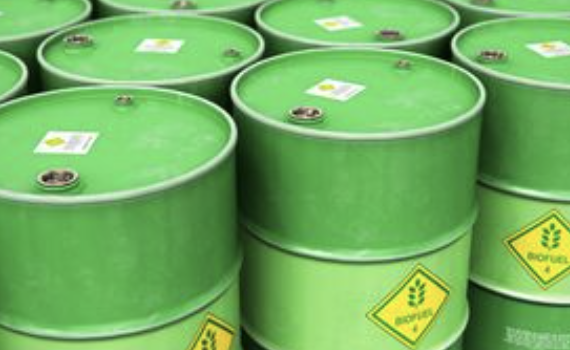
March 28, 2025
March 28 (Bloomberg) — President Donald Trump’s administration has asked oil and biofuel producers to reach an agreement on the next phase of the…
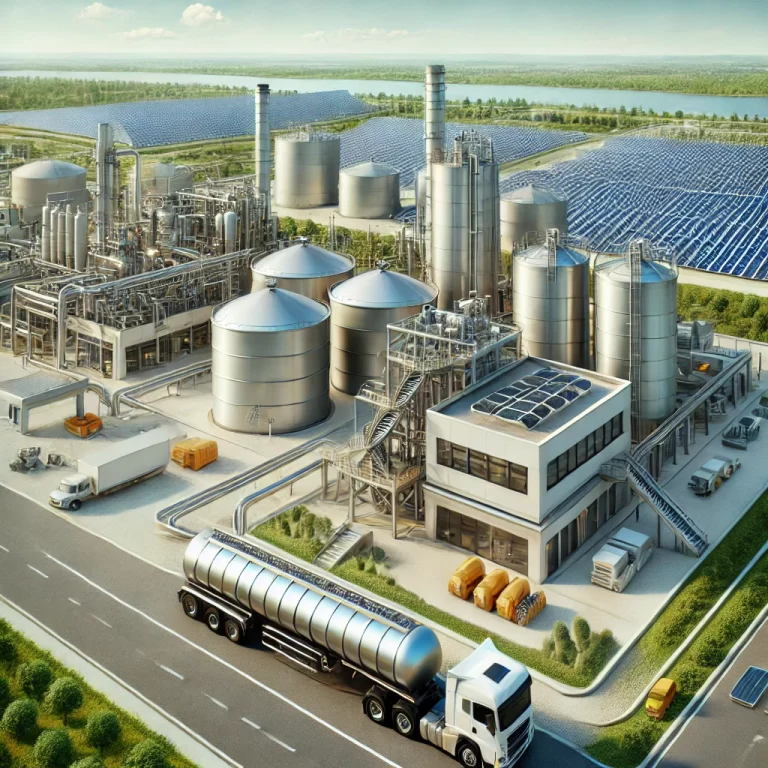
March 25, 2025
In Washington, U.S. and Canadian biofuel producers, concerned about the impact on trade of President Donald Trump’s waffling on tariffs, have cut back production…
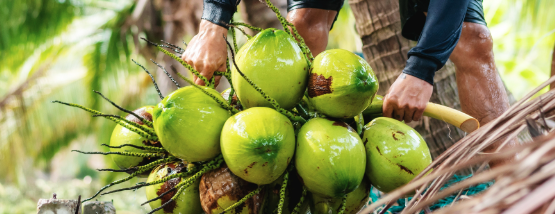
March 24, 2025
The Philippine government’s plan to increase the biodiesel blend in diesel fuel presents a significant opportunity for growth in the biodiesel market. Starting from…
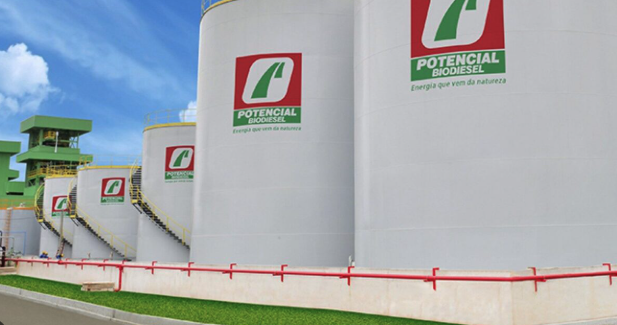
March 21, 2025
The recent proposal to pause the mandatory 90-day blending of biodiesel with fossil diesel is a major setback for Brazil, both economically and environmentally.…
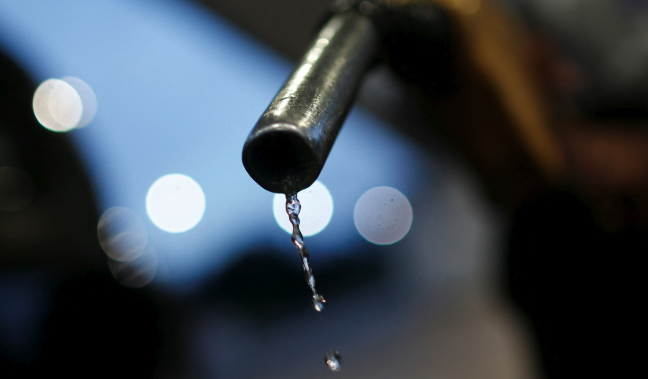
March 21, 2025
Biodiesel prices in Brazil had fallen nearly 7% this year as of early March, according to regulator ANP. Due to a record soybean harvest…

March 19, 2025
Gianni Murano, Chairman of the Italian Union for Mobility Energy (UNEM), stated that although the European Commission’s position on biofuels is still unclear, the…










